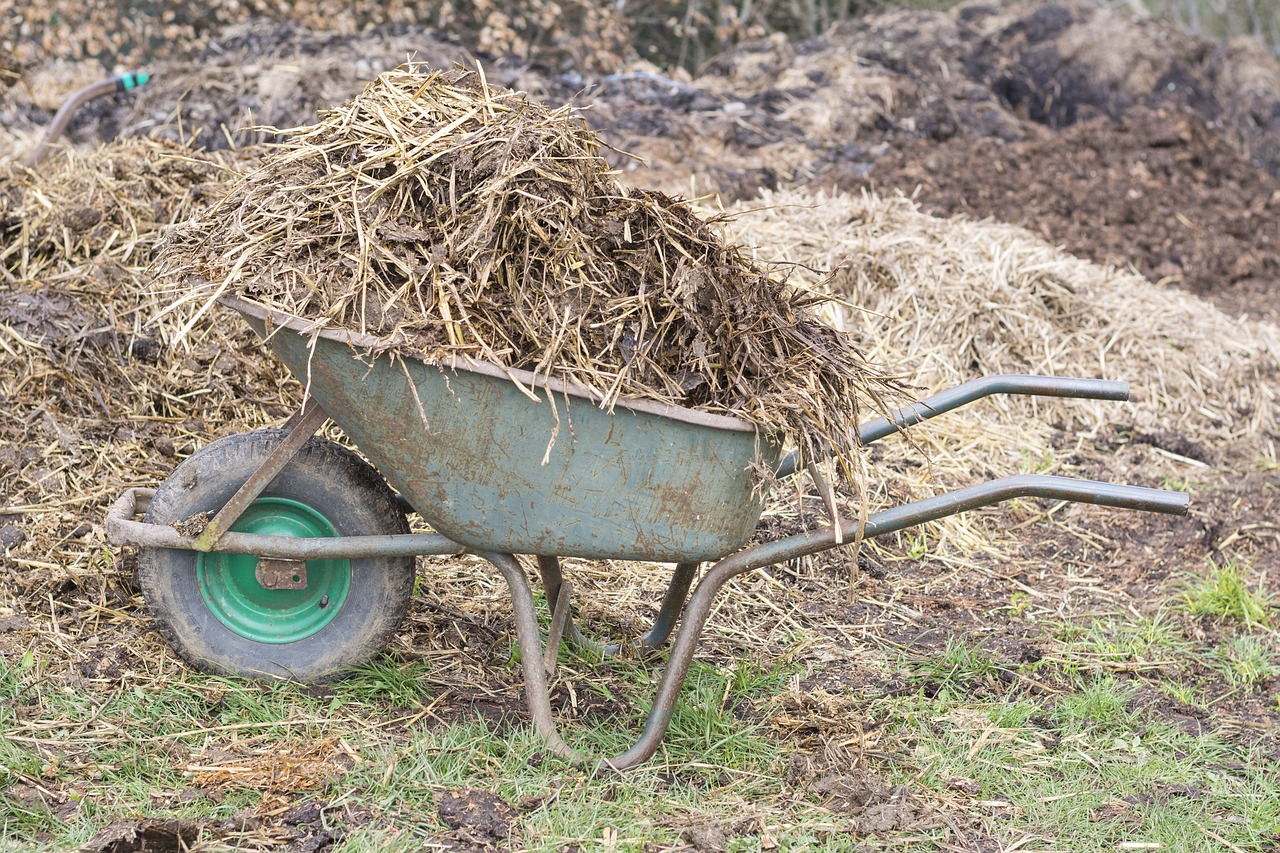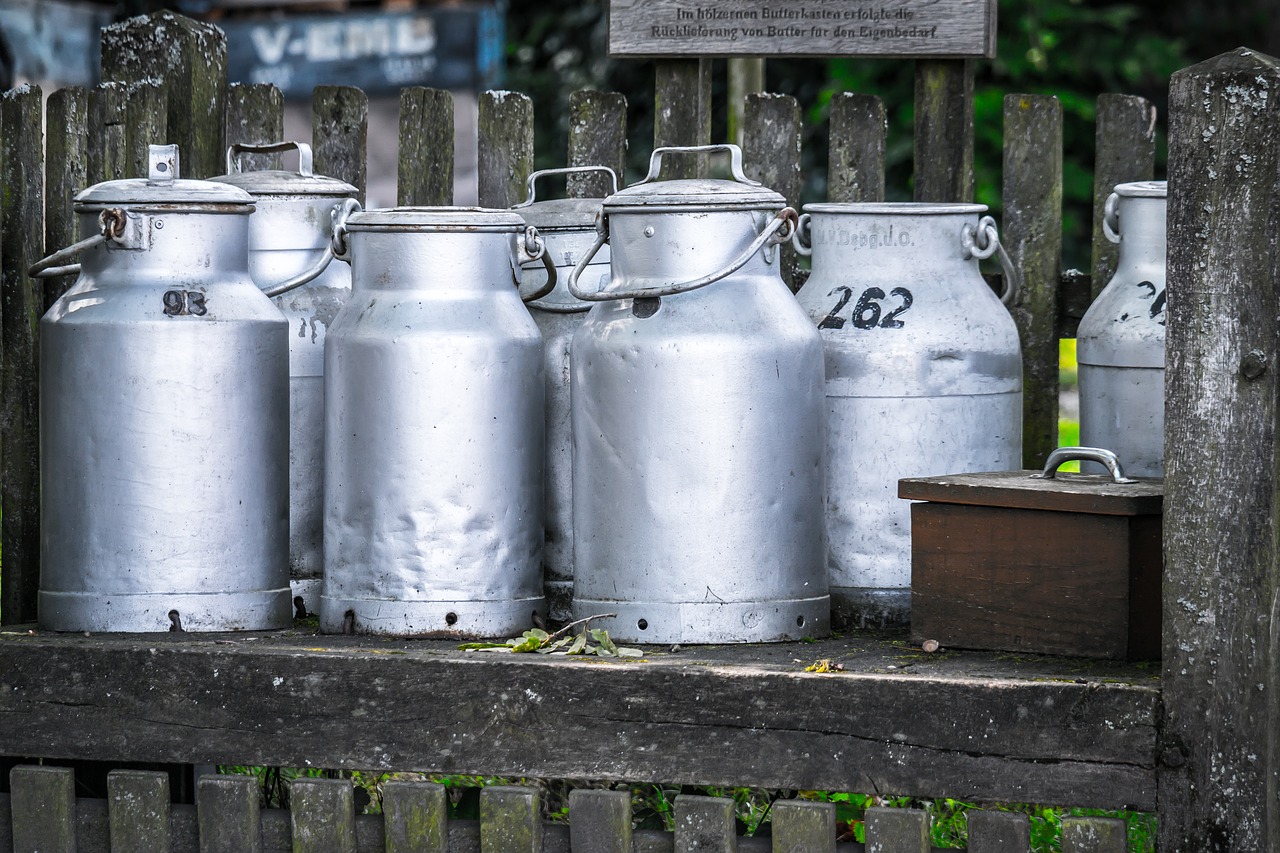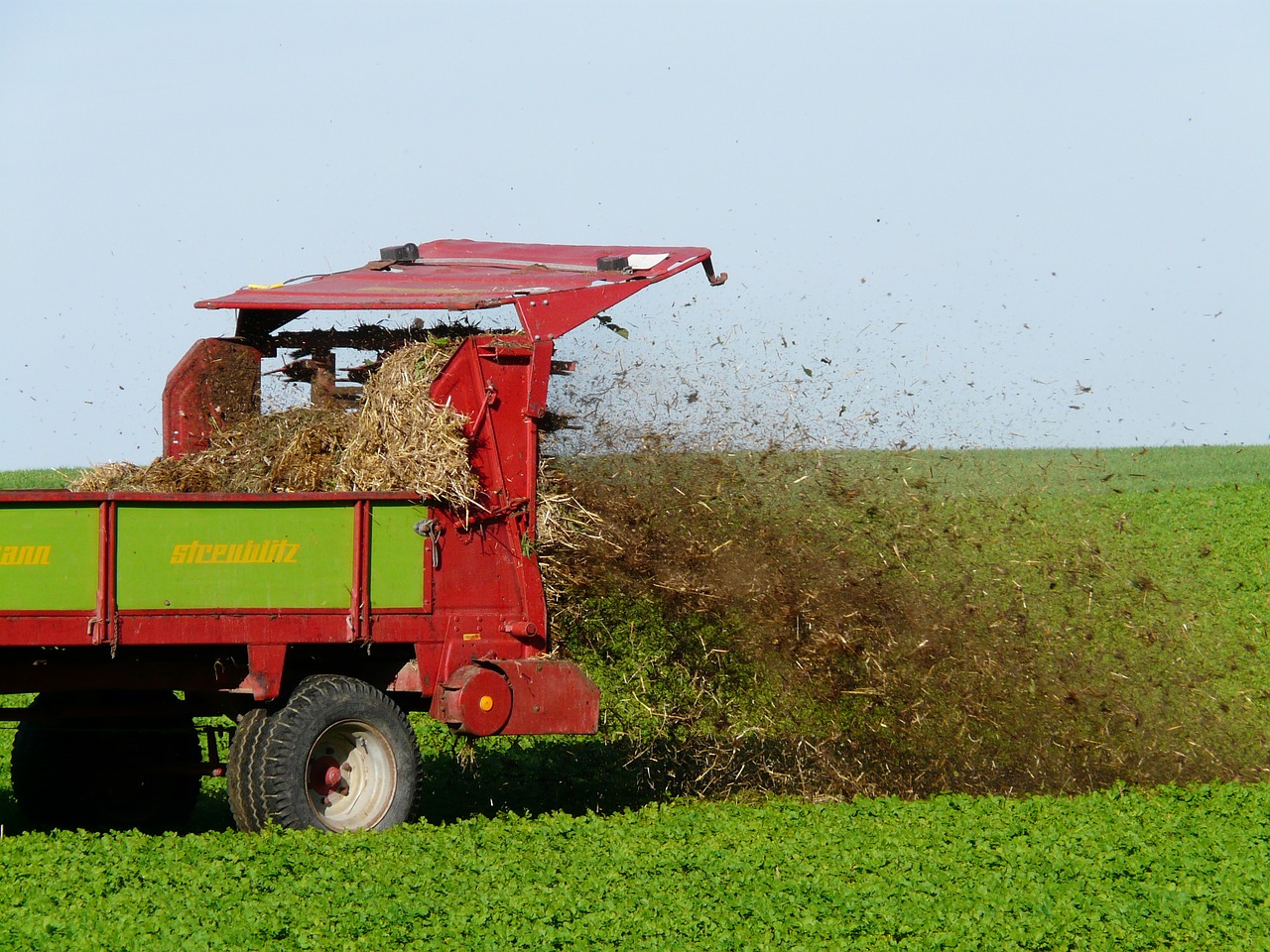Finding Comfort In Historical Parallels, 1918 v. 2020
In the past 6 months, I’ve often heard the idea that the world has entered “unprecedented” times during the COVID-19 pandemic. On multiple occasions during the uncertainty of our current times, I’ve found great comfort in my history research for my historical fiction novel. Have the past 6 months been tumultuous? Absolutely! Are they “unprecedented”? Not really. History has a […]









